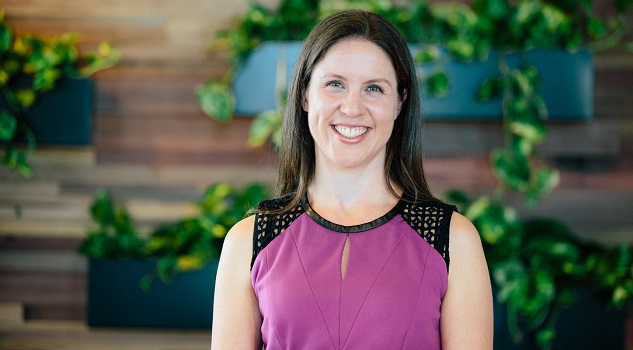Hiring an accountant used to be all about compliance. The norm was a one-off meeting a year to make sure you were meeting your tax obligations. That’s changed. Increasingly, accountants are becoming strategic advisors who can help guide you towards a brighter future. They’ve got to be on top of trends, using the right technology, and effectively engaging with their clients to make sure they’re aware of financial opportunity and vulnerability.
As a business partner, a forward-thinking accountant can look far beyond your tax obligations. They can help solve problems before they arise and ensure you’re on the path to grow. The key to making your partnership work effectively, is to ensure that you know what you want to get out of your business relationship long term.
It starts with you
Finding the right accountant starts with defining your goals as a business. Do you want to:
- Grow?
- Stabilise?
- Improve your profitability?
If your goal is business-as-usual, you might just be looking for someone who can make small tweaks and suggestions around the edges. That’s just fine. On the other hand, if you’re looking to take your business to the next level, you may want to seek a partner who can help to guide you along the way.
A few questions to consider before you start knocking on doors include:
- Are you likely to want to speak with them on a daily or weekly basis, or is monthly enough?
- Do you expect an in-person relationship, or are you happy to engage with them online?
- Do you value someone with industry expertise or someone who is local?
Armed with this understanding of your own needs, you’ll be in a better position to ask the right questions when you talk to potential accountants. Alternatively, you can let your fingers do the walking, and search Intuit’s Find-A-ProAdvisor portal which connects small businesses with an accountant who best meets their needs.
The tech imperative
It’s critical that your potential accountant is tech savvy. Ideally, they use cloud accounting software which will enable them to see your business data in real time, providing the foundation for proactive insights and advice. Delve into their understanding and use of different apps that can integrate with their accounting software system to bring additional value to your partnership.
A multiplier effect
While some small-business owners may worry about the fee of a more strategic accountant, the potential benefits will far outweigh the costs. A trusted business partner can help you gain a stronger tax position, improve the efficiency of your business, grow your cash flow, and make you more profitable in the long run.
According to Intuit research, small businesses with trusted advisors are 89 per cent more successful. In short, any extra outlay should come back to you in multiples if you find the right person.
Questions that an accountant might ask you to improve your business performance include:
- What are your payment terms with customers and are there ways you can improve those to better manage cashflow?
- What’s your profitability per site or project and are there areas where you can cut back on losses and improve profitability. For example, if you’re a restaurant and certain times of the day, your restaurant is unprofitable, do you consider closing during those hours?
- Are there certain products or clients that are not delivering for your bottom line, is it worth ditching them?
Changes in technology and the role of accountants are making it easier than ever to share the burden of running a small business. Finding the right accountant – and getting the most out of your partnership – all starts with knowing what you want and asking the right questions.
Nicolette Maury, Vice President and Country Manager, Intuit Australia











